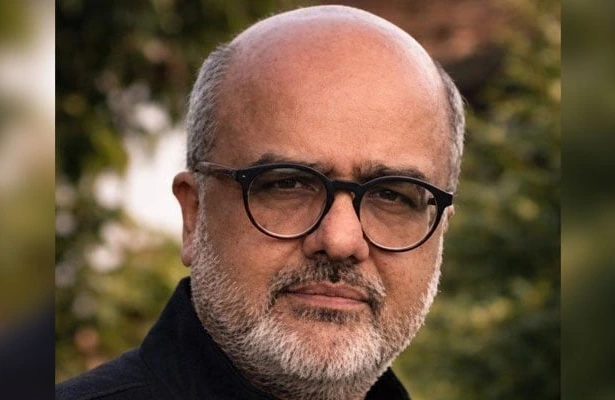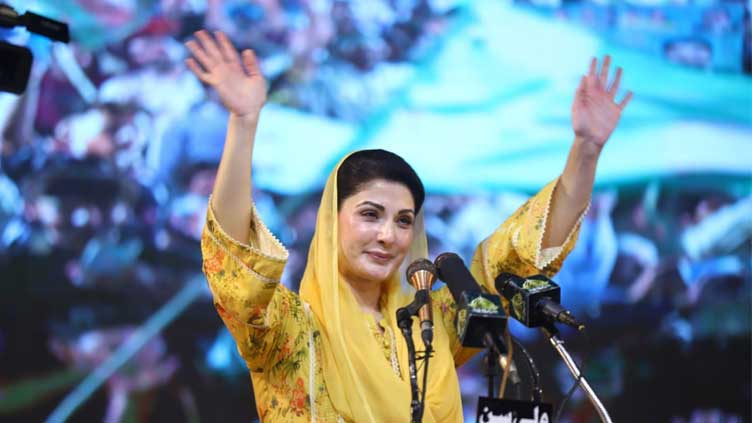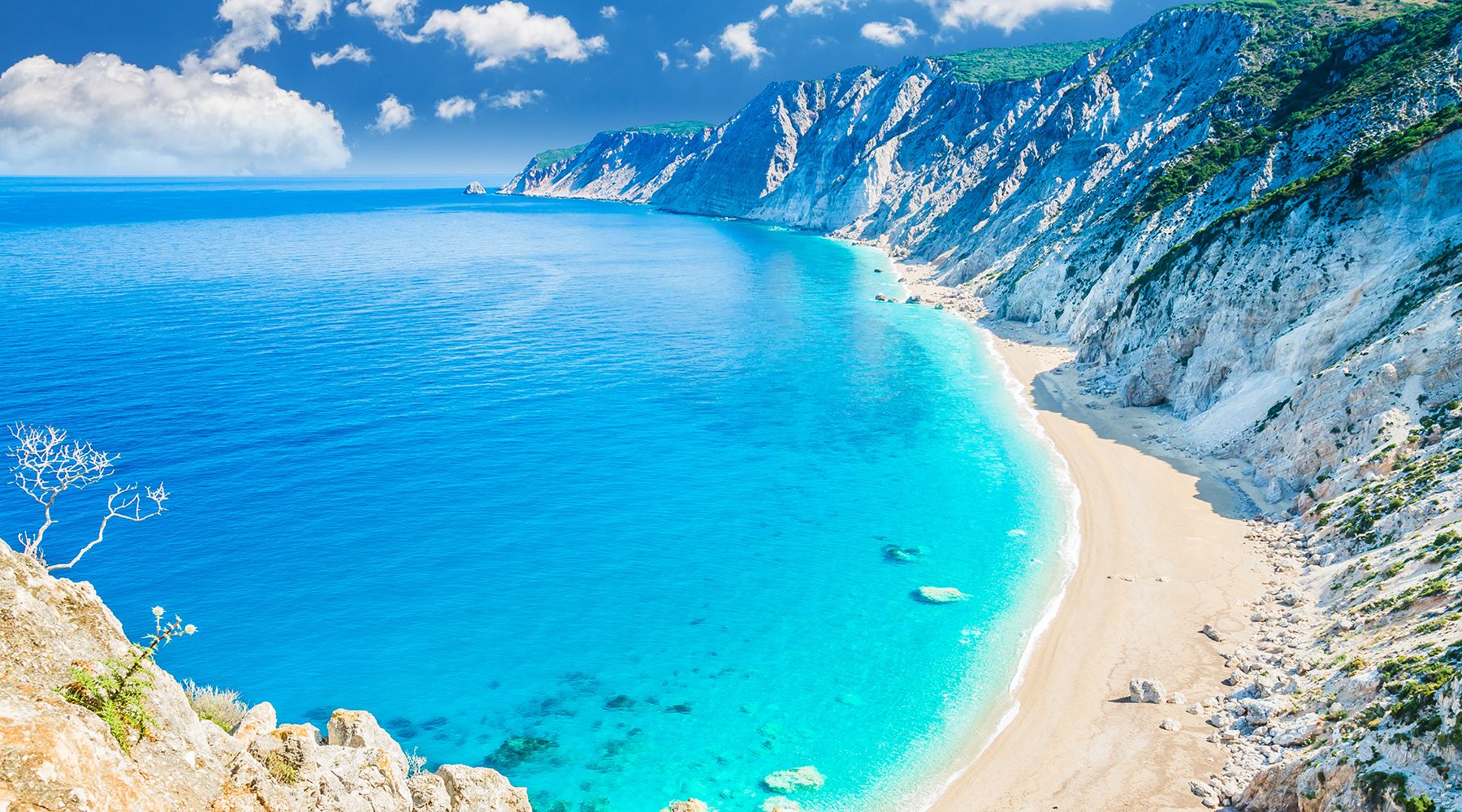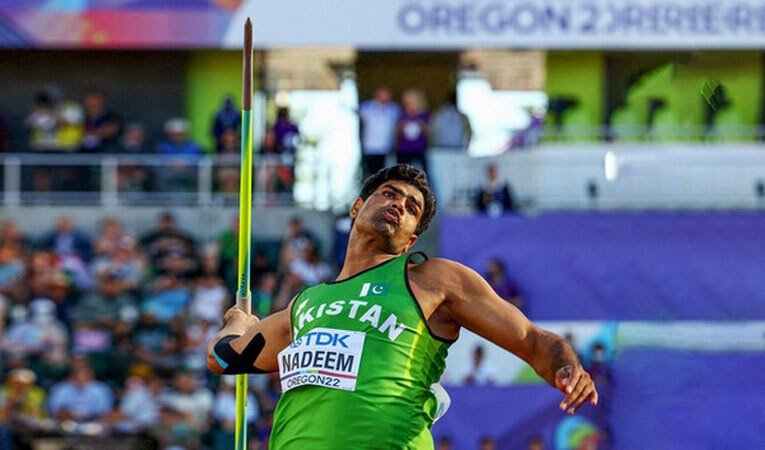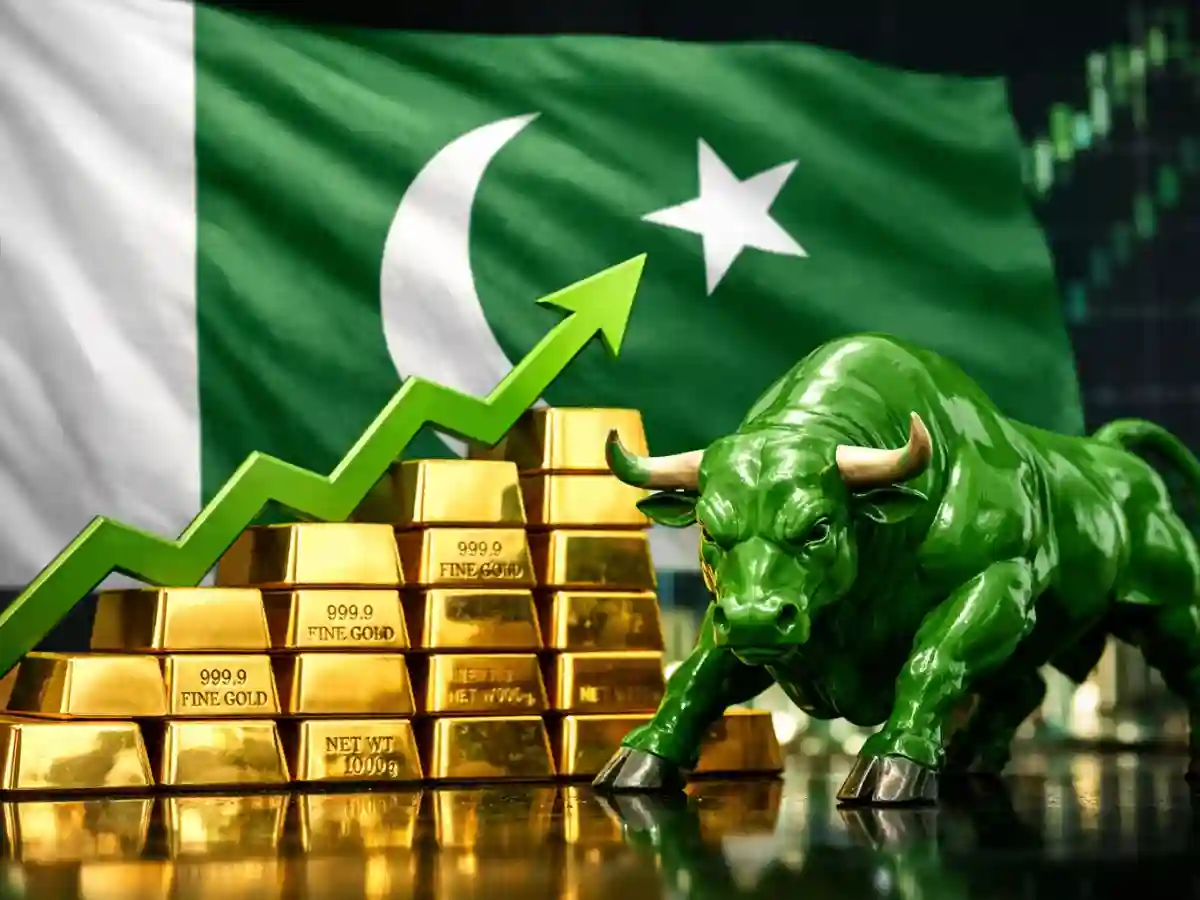Pakistan’s blue economy will be a “game changer” for the country, says Finance Minister
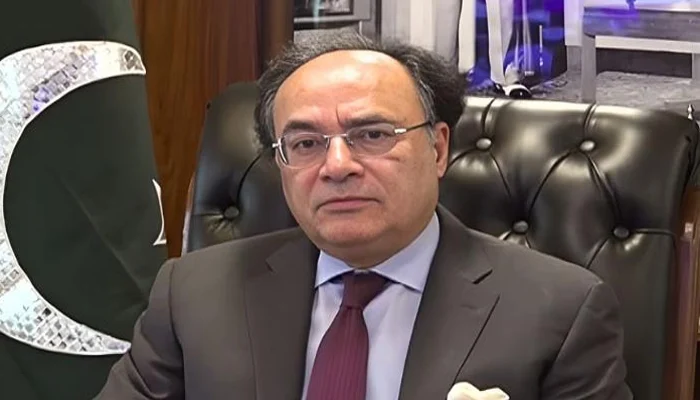
Finance Minister Muhammad Aurangzeb has said that Pakistan’s blue economy will be a “game changer" for the country, backed by a clear roadmap and ambitious targets set by the Ministry of Maritime Affairs.
Speaking at a virtual maritime conference, Finance Minister Muhammad Aurangzeb said Pakistan’s starting point in the blue economy sector is “pretty modest”, contributing around 0.4% to 0.5% of the national GDP, or roughly one billion dollars.
He said the Ministry of Maritime Affairs has set an ambitious but achievable goal to grow this figure to $100 billion by 2047.
“This billion dollars getting to a 100 billion blue economy number by the time we get to 2047 is transformational, and it’s the right ambition that we have set ourselves as we go forward,” he said.
The minister emphasised that this sector has huge potential for national economic transformation.
Aurangzeb highlighted that strong international relationships and trade links would support Pakistan’s economic stability.
relationships, which have been strong for the longest time, are moving from government-to-government discussions to trade and investment flows into the country,” he said. “This, Inshallah, should help us in terms of moving across to a sustainable growth path.”
He outlined the roadmap to achieve the $100 billion target, which is backed by strong pillars. Excellence in fisheries and aquaculture is a priority, through value-added processing, modernising cold chain logistics, and ensuring world-class hygiene standards.
Seafood exports, currently worth around $500 million, could rise to $2 billion over the next three to four years. Aurangzeb added that these efforts will be guided by a national fisheries and aquaculture policy in strategic partnership with the FAO, ensuring policy consistency over the long term.
The minister also spoke about modernising Pakistan’s ports and logistics. “We digitise and upgrade operations, whether it’s Karachi, Port Qasim, and Gwadar, to replicate international best practices and strengthen regional trade partnerships,” he said. These measures aim to boost trade and logistics efficiency while promoting regional cooperation.
Aurangzeb also stressed the importance of renewable energy and marine biotechnology in the blue economy.
“We are launching pioneering pilot projects in tidal and offshore wind generation, and developing marine biotechnology value chains, which represent significant opportunities for innovation and growth,” he said.
Innovative financing mechanisms, including blue bonds and blended funding models, will support these projects and ensure sustainable development.
He said that, along with improved trade and investment flows and ongoing structural reforms, these initiatives would help Pakistan move towards a sustainable growth path.
“This is a game-changing sector, where the potential is huge,” Aurangzeb said.
The finance minister concluded that the blue economy, alongside other transformative sectors such as digital infrastructure, artificial intelligence, and mining, represents a critical engine for Pakistan’s long-term growth. “With clear targets and policy consistency, this sector will play a central role in propelling the economy forward,” he added.


